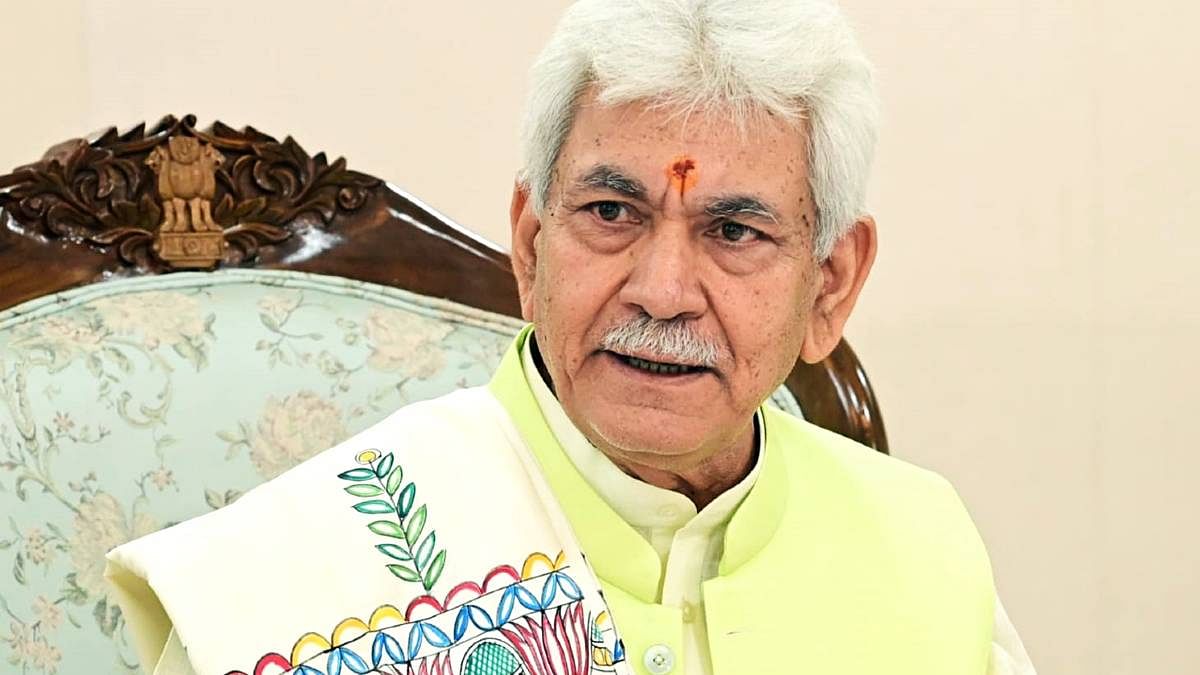New Delhi: The Union Ministry of Home Affairs (MHA) Friday amended the Transaction of Business Rules, broadening the role of the Lieutenant Governor (L-G) of Jammu & Kashmir, giving him more say in matters pertaining to the police, public order, All India Services and transfers and postings.
This means that if and when the Union territory gets a chief minister following assembly elections, he or she will not have any say in these matters as long as J&K remains a UT.
Moreover, any proposal regarding appointment of the Advocate-General, law officers and those pertaining to grant or refusal of prosecution sanction or filing of appeal are also to be placed before the L-G for approval.
“No proposal which requires previous concurrence of the Finance Department with regard to ‘Police’, ‘Public Order’, ‘All India Services’ and ‘Anti-Corruption Bureau’ to exercise the discretion of the Lieutenant Governor under the (Jammu and Kashmir Reorganisation Act, 2019) Act shall be concurred or rejected unless it has been placed before the Lieutenant Governor through the Chief Secretary,” the ministry’s notification, seen by ThePrint, states.
It further stresses that appointments of the Advocate General and other law officers can also be made only with the approval of the L-G.
“Department of Law, Justice and Parliamentary Affairs shall submit the proposal for appointment of Advocate-General and other Law Officers to assist the Advocate-General in the court proceedings, for approval of the Lieutenant Governor through the Chief Secretary and the Chief Minister,” the notification says.
It adds that any proposal regarding grant or refusal of prosecution sanction or filing of appeal shall be placed before the L-G through the Chief Secretary by the Department of Law, Justice and Parliamentary Affairs, and all matters connected with Prisons, Directorate of Prosecution and Forensic Science Laboratory are also to be submitted to the L-G.
The ministry notified the amended rules under Section 55 of the Jammu and Kashmir Reorganisation Act, 2019, which inserted new sections defining the role of the L-G.
J&K has been under central rule since June 2018. In August 2019, Article 370 that granted special status to the state was revoked and it was bifurcated and turned into a union territory (UT). Ladakh was turned into a separate UT.
The Modi government has said that statehood will be restored after assembly elections are held, preparations for which have begun. The Constitution Bench of the Supreme Court has ordered the Election Commission to conduct elections to the J&K assembly before 30 September this year.
(Edited by Nida Fatima Siddiqui)
Also Read: ‘Told EC we’re ready’ — after Abdullah, Azad, BJP’s J&K unit endorses simultaneous polls

